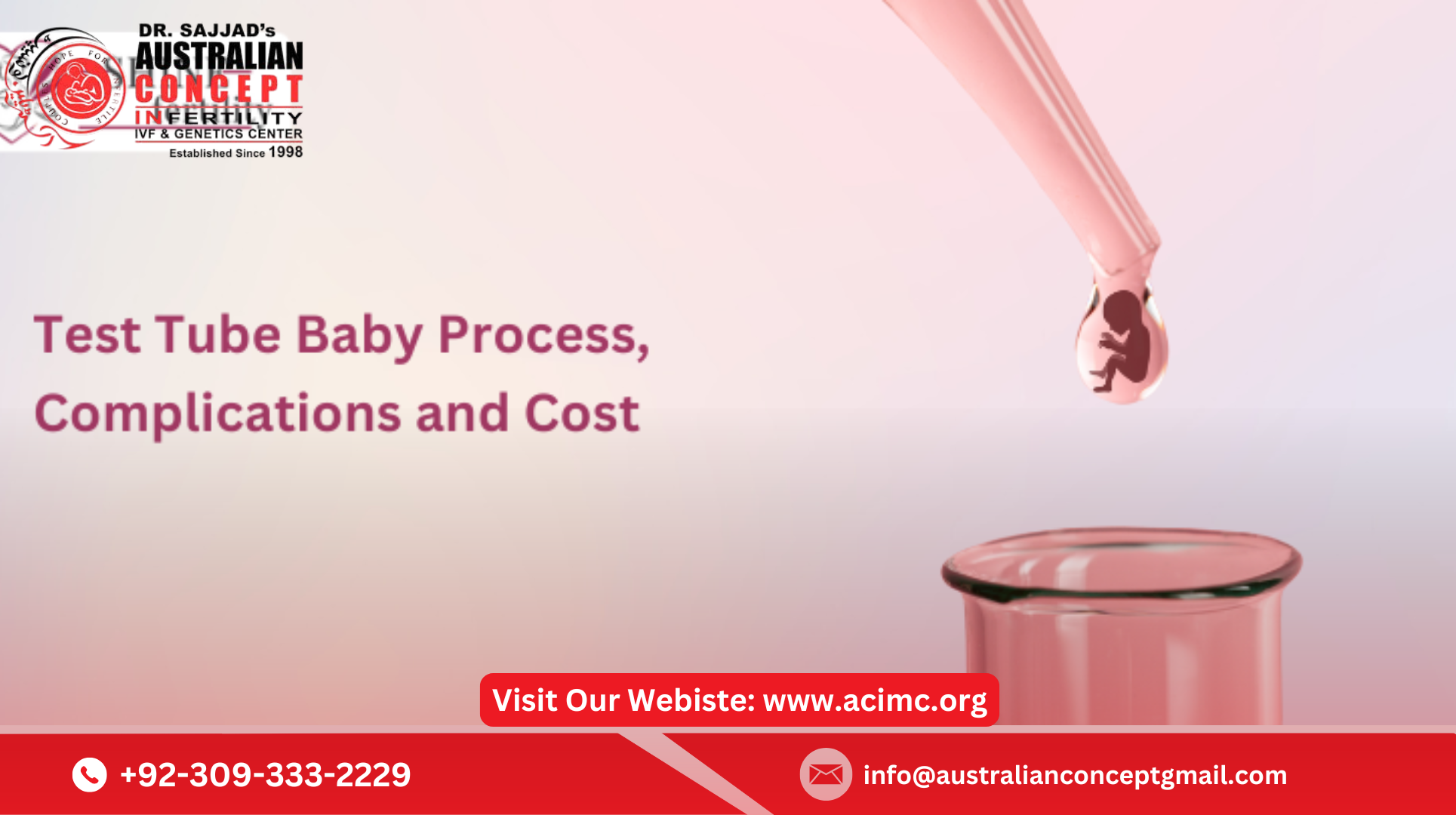The test tube baby procedure, medically known as in vitro fertilization (IVF), has helped millions of couples achieve parenthood. While this advanced treatment offers hope at various stages of life, age plays a major role in its success.
Why Age Matters in IVF
Fertility naturally declines with age, especially in women. This decline is due to:
-
Reduced number of eggs
-
Decline in egg quality
-
Increased risk of genetic abnormalities in eggs
In men, age also impacts fertility, though the decline is generally slower. Sperm quality and motility can gradually decrease, and the risk of genetic issues can increase over time.
The Ideal Age for IVF in Women
1. Best Success Rates: Ages 20–35
Women in their 20s and early 30s typically have the highest IVF success rates. At this age:
-
Egg quality is at its peak
-
Ovarian reserve (number of eggs) is higher
-
Lower chances of chromosomal abnormalities
IVF success rates can be as high as 40–50% per cycle for women under 35, depending on other health factors.
2. Declining Success: Ages 35–40
While many women in this age group still achieve success with IVF, the chances begin to decline. At this stage:
-
Ovarian reserve decreases significantly
-
Egg quality declines, making implantation harder
-
Miscarriage risk increases
Doctors may recommend starting IVF sooner if a couple is struggling to conceive naturally.
3. Lower Success: Over 40
After 40, both egg quantity and quality decline sharply. IVF success rates drop to around 5–15% per cycle with a woman’s own eggs. Many women in this age group may consider using donor eggs for higher success rates.
The Role of Male Age in IVF
While men can produce sperm throughout life, sperm quality generally starts to decline after age 40–45. Older age in men can increase the risk of DNA damage in sperm, which may affect embryo quality. For the best results, both partners’ ages are considered during IVF planning.
Other Factors Besides Age
While age is a key factor, other aspects can also influence the decision to start IVF, such as:
-
Medical conditions affecting fertility (e.g., PCOS, endometriosis)
-
Previous pregnancy history
-
Lifestyle factors like diet, weight, and smoking habits
Expert Recommendations
-
Couples in their 20s or early 30s should try natural conception first, unless there are known fertility issues.
-
Couples over 35 should seek medical advice sooner, as time plays a crucial role in treatment success.
-
If the woman is over 40, immediate consultation with a fertility specialist is recommended to discuss realistic options.
Conclusion
The best age to opt for the test tube baby procedure is generally before the age of 35 for women, when egg quality and quantity are highest, and success rates are better. However, IVF can still help older couples, especially with the aid of advanced reproductive techniques. The right time ultimately depends on each couple’s medical history, fertility health, and personal circumstances, making early consultation with a specialist essential.
For More Details: https://acimc.org/ivf-lahore/



